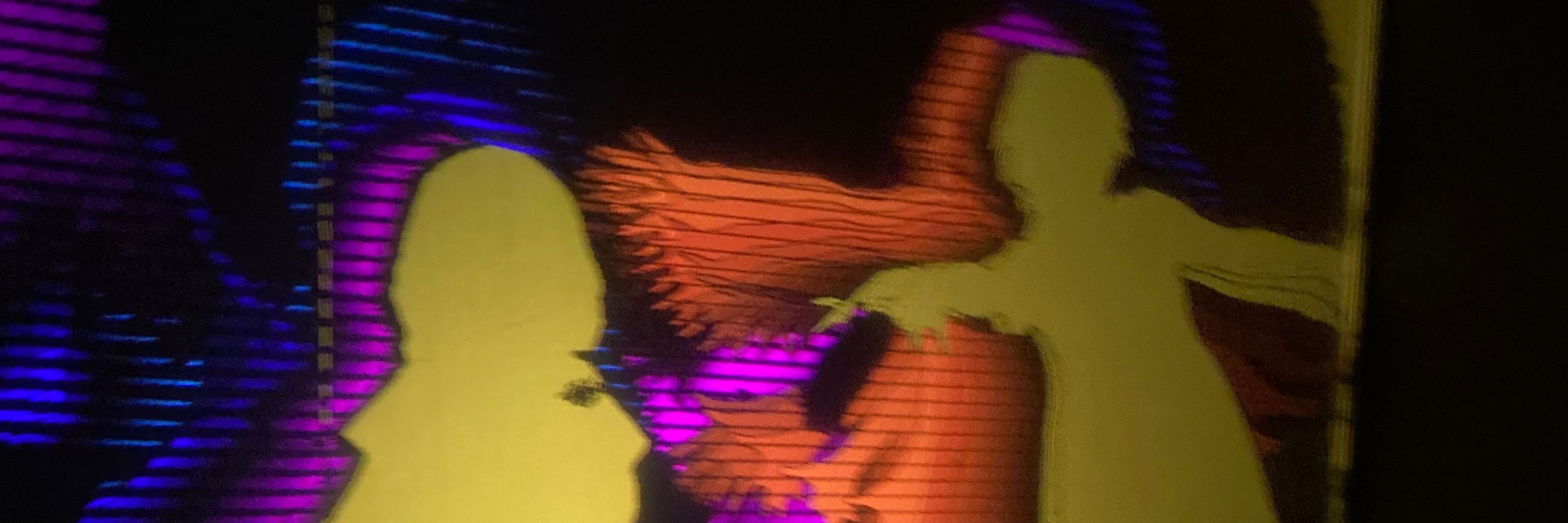
If you're similarly disgusted with the way anti-trans people have gotten away with demonising and assaulting an innocent minority, send this to your friends, family and MP to demand change.
They won't stop with us.
my latest with @liberalcurrents.com
www.liberalcurrents.com/britains-bat...

If you're similarly disgusted with the way anti-trans people have gotten away with demonising and assaulting an innocent minority, send this to your friends, family and MP to demand change.
They won't stop with us.


